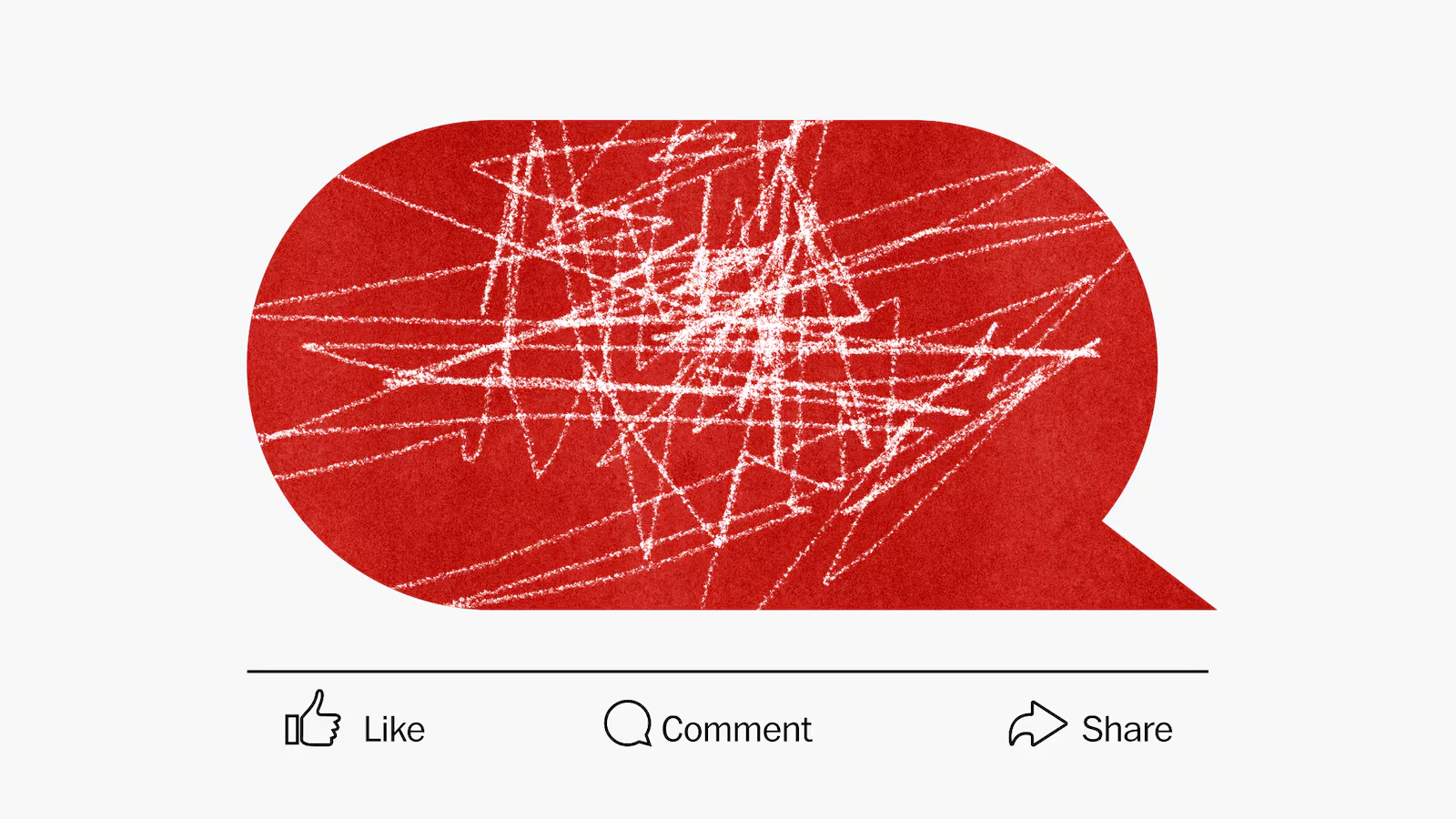YouTube, the second-most-visited website globally, has taken a dangerous step backward in its commitment to responsible content moderation. Earlier this week, the New York Times reported that the platform has quietly rolled back some of its previously established content moderation policies. This decision raises urgent questions about the implications for public discourse, democracy, and social justice.
YouTube"s New Content Policy is Alarmingly Broad
As reported by the New York Times, the updated policy means YouTube has increased the threshold for what constitutes prohibited content in videos, allowing more potentially harmful content to remain online if it is deemed to serve the public interest. This decision reflects a troubling trend in which platforms prioritize user engagement over the safety and integrity of public discourse. The reality is that this shift could amplify misinformation and hate speech, undermining the very fabric of informed debate in our society.
The Dangerous Dance of Free Speech and Misinformation
In a time when misinformation is rampant, the implications of YouTube"s policy are particularly concerning. Some members of Congress have recognized the need for stricter regulations on social media platforms to combat the spread of harmful content. While they aim to enhance accountability, the conversation often becomes mired in debates about free speech, with conservatives arguing that their voices are being silenced. However, it is critical to understand that protecting free speech does not equate to providing a platform for hate and falsehoods.
\n\n
Hate speech could flourish under Meta"s new moderation ...
Algorithmic Bias and Its Impact on Diversity
Research shows that YouTube"s algorithms can narrow the content landscape, limiting diversity and skewing the information available to users. According to studies on algorithmic bias, the recommendation systems exacerbate echo chambers, reducing exposure to diverse viewpoints. This is particularly detrimental in the context of political polarization, where users may only encounter content that reinforces their existing beliefs.
Corporate Responsibility and the Public Interest
With YouTube"s decision to prioritize engagement over moderation, we must question the responsibility of corporate platforms in shaping public discourse. The Telecommunications Act of 1996 aimed to ensure that communication platforms would serve the public interest, yet the shift towards profit-driven models has left many communities vulnerable to misinformation and harmful rhetoric. The unchecked power of these platforms poses a significant threat to social justice and civil rights, especially for marginalized communities that already face systemic discrimination.
\n\n
2023 - Sen. Amy Klobuchar Visits the 133rd Airlift Wing ...
Activism and the Fight for Digital Justice
As a society, we must hold platforms like YouTube accountable for their role in the dissemination of harmful content. Community organizers and civil rights advocates must work together to advocate for stronger content moderation policies that prioritize the safety and dignity of all users. We cannot allow corporate interests to dictate the terms of public discourse, nor can we afford to turn a blind eye to the consequences of lax moderation practices. The stakes have never been higher.

![[Video] Anti-ICE Protester Pepper Sprayed as CBP Agents Disperse Crowd in Minneapolis](/_next/image?url=%2Fapi%2Fimage%2Fthumbnails%2Fthumbnail-1768260677127-y71sb7-thumbnail.jpg&w=3840&q=75)

![[Video] Several injured as U-Haul truck drives through Iranian protestors in Los Angeles](/_next/image?url=%2Fapi%2Fimage%2Fthumbnails%2Fthumbnail-1768176682028-q95y6j-thumbnail.jpg&w=3840&q=75)
![[Video] Scuffle breaks out between Trump supporters and Anti-ICE protesters in Times Square](/_next/image?url=%2Fapi%2Fimage%2Fthumbnails%2Fthumbnail-1768165958203-hgcgb-thumbnail.jpg&w=3840&q=75)


![[Video] Gunfire between Iraqi security forces and Sadr militias in Baghdad](/_next/image?url=%2Fapi%2Fimage%2Fthumbnails%2Fthumbnail-1768343508874-4redb-thumbnail.jpg&w=3840&q=75)
